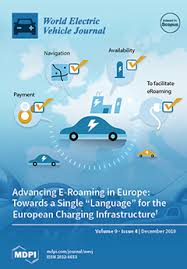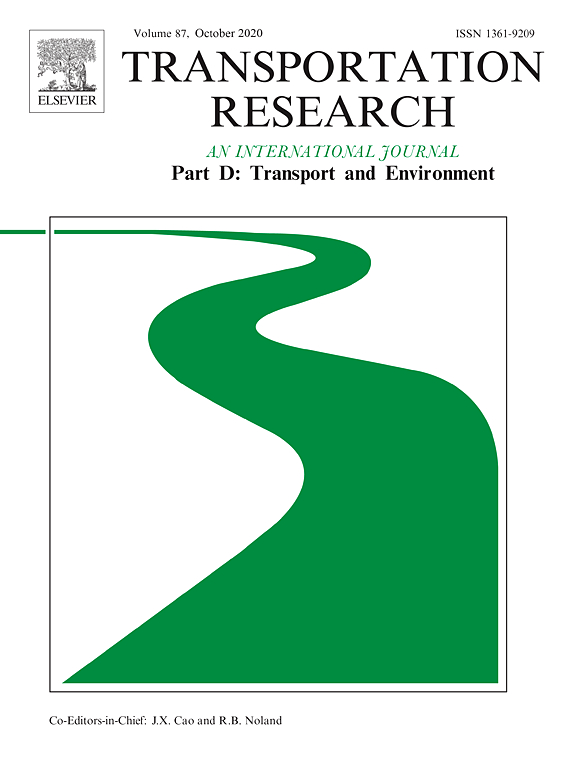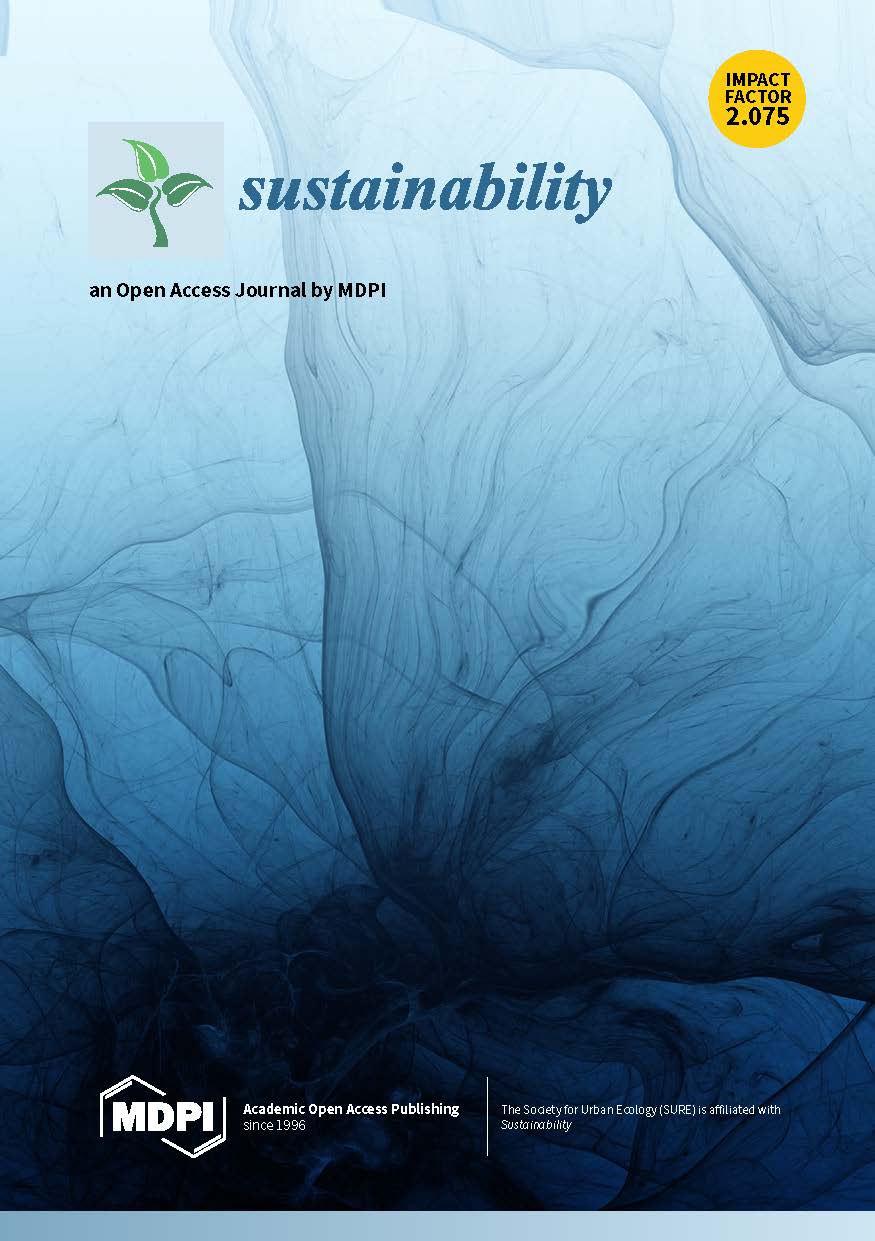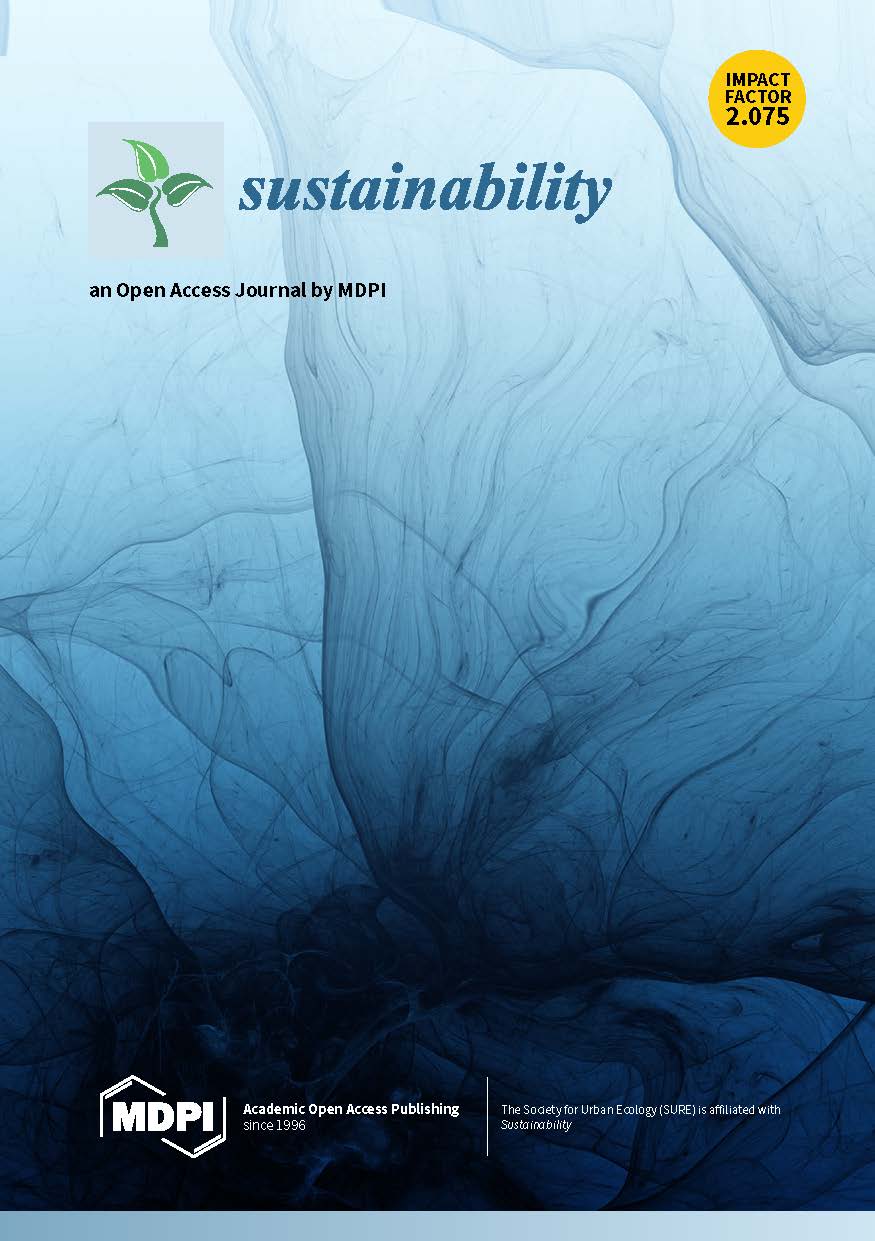Knowledge Hub
Sustainable Transport’s role in Tackling Poverty and Inequity
2016
Author(s): SLOCAT Partnership
Sustainable transport is an important enabler of poverty alleviation and reducing inequality if done right. The i-STEP program was initiated to safeguard that growing support for sustainable transport in global processes and sustainable development. It fully acknowledges the importance of urban and rural transport in the alleviation of poverty, as well as the promotion of inclusive development and equality.
Marrakech Partnership for Global Climate Action (MPGCA) Transport Initiatives
2017
Author(s): SLOCAT Partnership
This report gives an overview of 21 voluntary multi-stakeholder initiatives on sustainable, low carbon transport, the manner in which they measure progress and their alignment with the Paris Agreement and the 2030 Agenda on Sustainable Development.
The Paris Agreement on Climate Change adopted in December 2015 provides the transport sector with a clear sense of ambition and direction to a "net zero-emission" economy.
This report assesses the 20th Conference of the Parties (COP20) of the United Nations Framework Convention on Climate Change (UNFCCC) in Lima, Peru in December 2014, as viewed through the lens of sustainable transport.
Intended Nationally Determined Contributions (INDCs) are poised to play an integral role in the negotiations leading up to COP21. INDCs are intended to communicate country targets and strategies to reduce carbon emissions particularly in transport sector.
Since the first HLPF (High-level Political Forum in 2016, the SLoCaT continued to track the references to transport in the 47 VNRs submitted to HLPF in 2018.

Unraveling User Type Characteristics: Towards a Taxonomy for Charging Infrastructure
2015
Author(s): Helmus J, Van den Hoed R
Many European cities with air quality concerns struggle how to further roll out charging infrastructure in the coming years in a cost effective manner. Charging behavior of EV users has been subject of several studies that describe user power demand, start time patterns, duration and frequency of fleet users and home users.

User Decision-Making in Transitions to Electrified, Autonomous, Shared or Reduced Mobility
2019
Author(s): Whittle C, Whitmarsh L, Haggar P, Morgan P, Parkhurst G
In this paper, the authors integrate insights from the multi-level perspective on transitions and socio-psychological literature and draw on transport expert interview (N = 11) data, to examine (a) what influences current attitudes and behaviours in respect of EVs and AVs, and shared mobility, and (b) how this may change in the years to come.

Environmental Effects of Electromobility in a Sustainable Urban Public Transport
2020
Author(s): Pietrzak K, Pietrzak O
The main purpose of the article was to identify and analyze environmental effects resulting from the implementation of zero-emission buses in urban public transport on the example of the city of Szczecin, Poland.

Low-Carbon Transport Policy in Four ASEAN Countries: Developments in Indonesia, the Philippines, Thailand and Vietnam
2017
Author(s): Bakker S, Contreras KD, Kappiantari M, Tuan NA, Guillen MD, Gunthawong G, Zuidgeest M, Liefferink D, Van Maarseveen M
This paper presents a comparative analysis of the approach and status of sustainable, low-carbon transport policy in ASEAN countries and identifies differences and similarities.



